Syrian govt. troops block US military convoy in Hasakah, force it to turn back
Amid smoldering public resentment over the deployment of American occupation forces in northeastern Syria, government troops have blocked a US military convoy as it was attempting to pass through a community in the energy-rich province of Hasakah.
According to a report published by Syria’s official news agency SANA, Syrian army troops, deployed at a security checkpoint in the Munsif district, intercepted the convoy of four armored vehicles and a pickup truck on Tuesday.
The American troops were subsequently forced to turn around and go back in the direction they came from. There were no reports of clashes or injuries.
Army checkpoint expels US occupation convoy from Qamishli countrysidehttps://t.co/v5Lig6cfx0
— SANAEnglishOfficial (@SANAEnOfficial) September 14, 2022
Back on July 21, residents of Tal Aswad village on the outskirts of Qamishli city in Hasakah province blocked a US convoy from advancing in the region and forced it to retreat.
SANA cited local sources as saying that the convoy was made up of four military vehicles that tried to rumble through a checkpoint, but was forced to return to where it had come from.
The US military has for long stationed its forces and equipment in northeastern Syria, with the Pentagon claiming that the deployment is aimed at preventing the oilfields in the area from falling into the hands of Daesh terrorists.
Damascus, however, maintains the deployment is meant to plunder the country’s natural resources. Former US president Donald Trump admitted on several occasions that American forces were in the Arab country for its oil wealth.
On August 30, a Chinese foreign ministry spokesman denounced the illegal presence of US military forces in Syria, saying Washington’s continued looting of the war-torn country’s energy and mineral resources has only exacerbated the suffering of the Syrian people.
“It is appalling to see the sheer scale of US plundering in Syria, which has been going on as the country tries to emerge from a crisis that has dragged on for over a decade and a grave humanitarian crisis facing its people," Zhao Lijian said at a regular press conference in Beijing.
Spain jurists demand ties with Israel ties be cut
VIDEO | Press TV's news headlines
VIDEO | Iran honors top Science Olympiad medalists
VIDEO | Austrians arrested at Gaza protest in Vienna
10 killed in bus crash in western Iran
VIDEO | One-man-band journalism with Civili
5 Israeli forces killed as Palestinian fighters face up to regime’s war machine
VIDEO | An insider's view of the country: Persian Tahini, Royan in Mazandaran


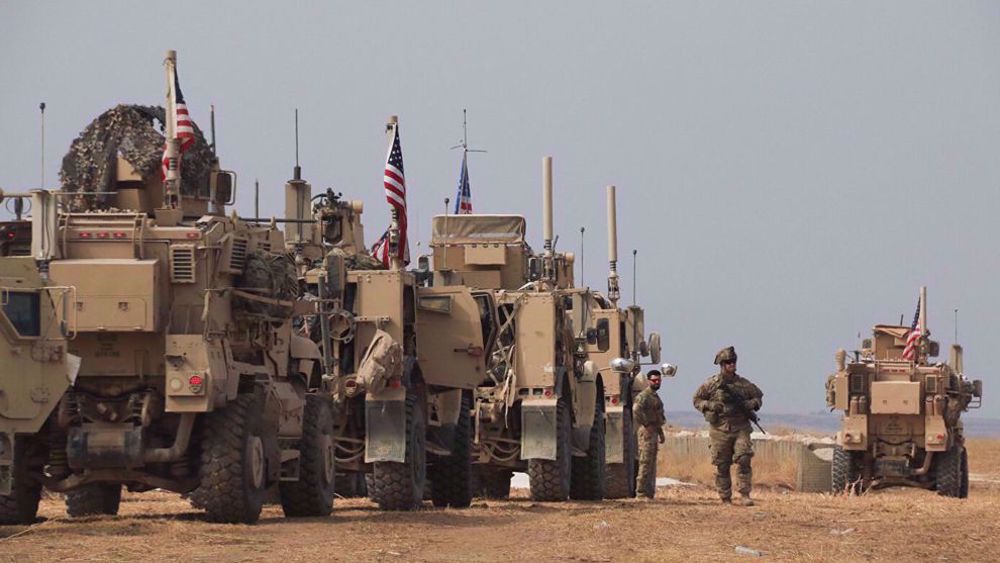
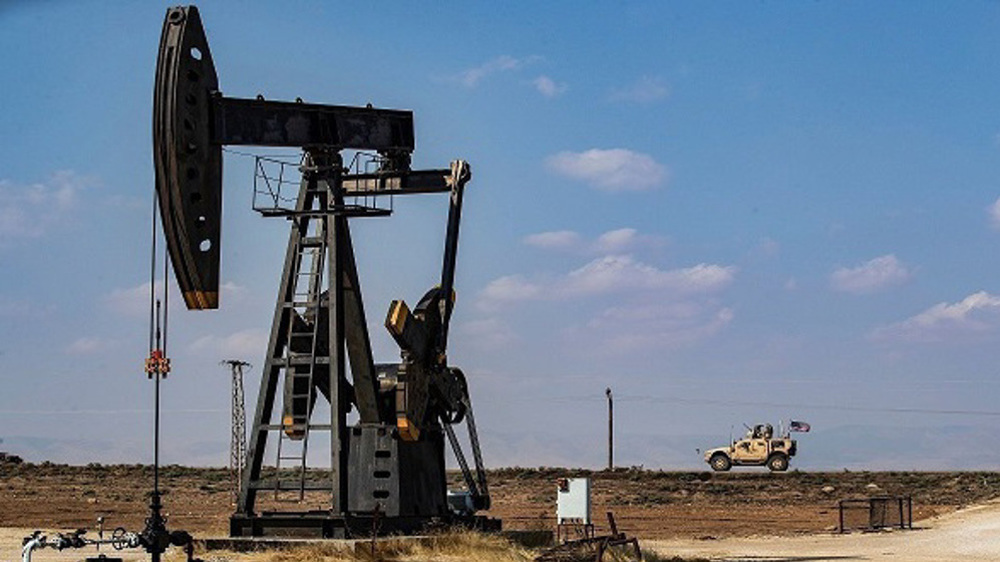
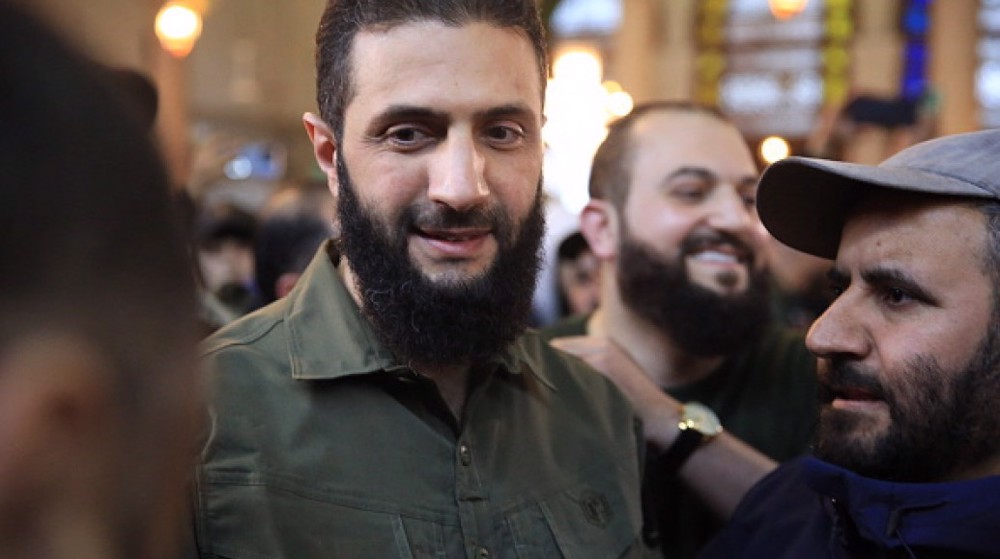

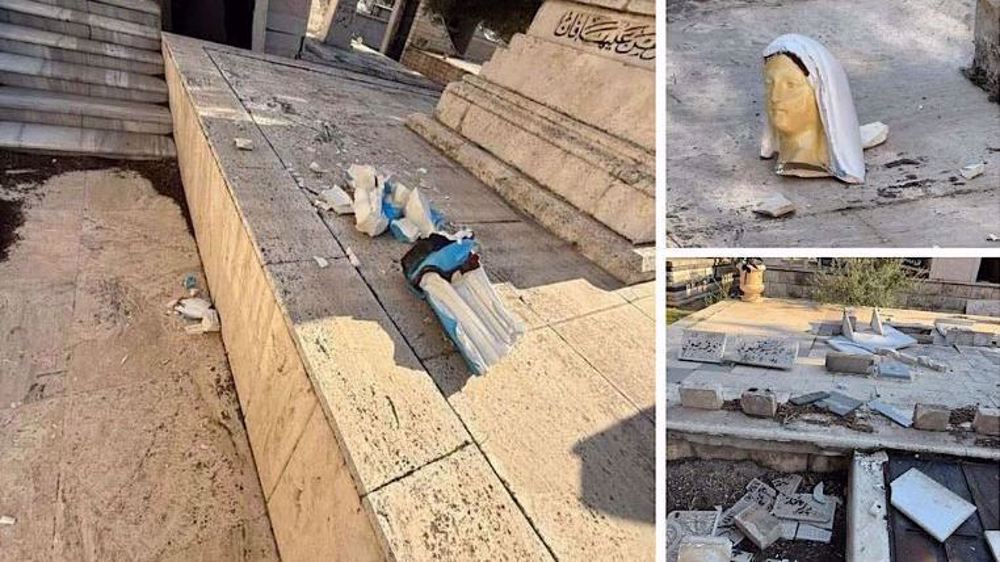



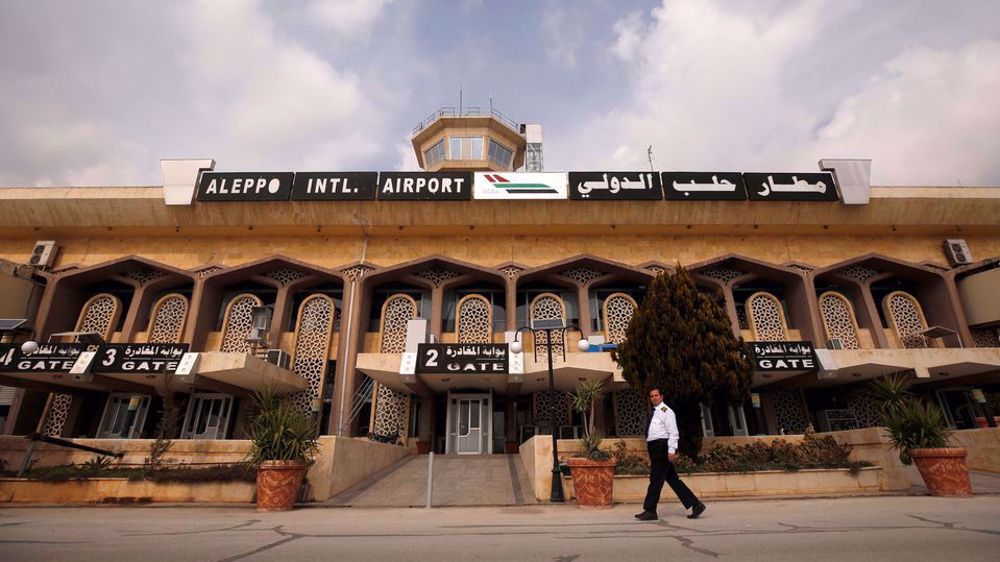
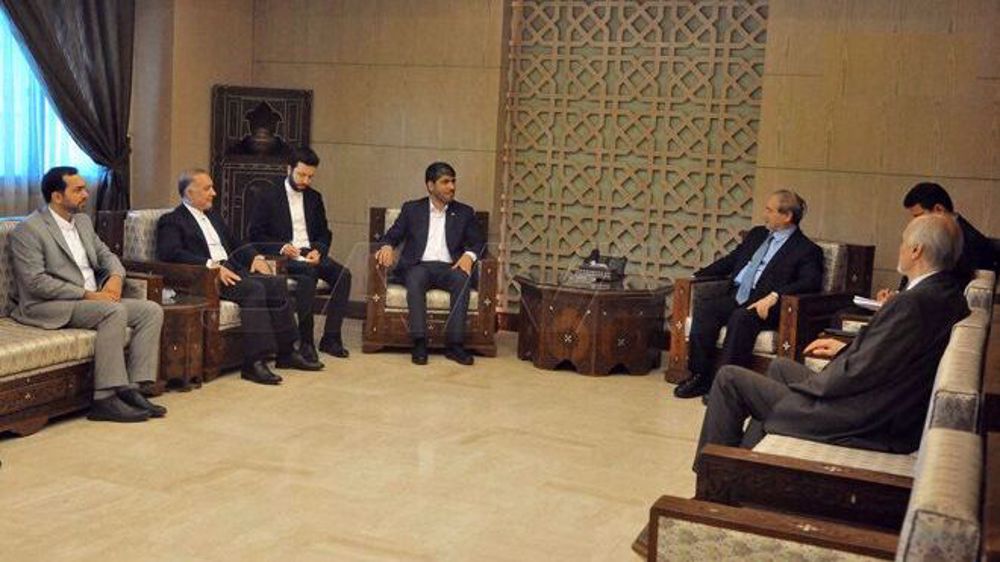
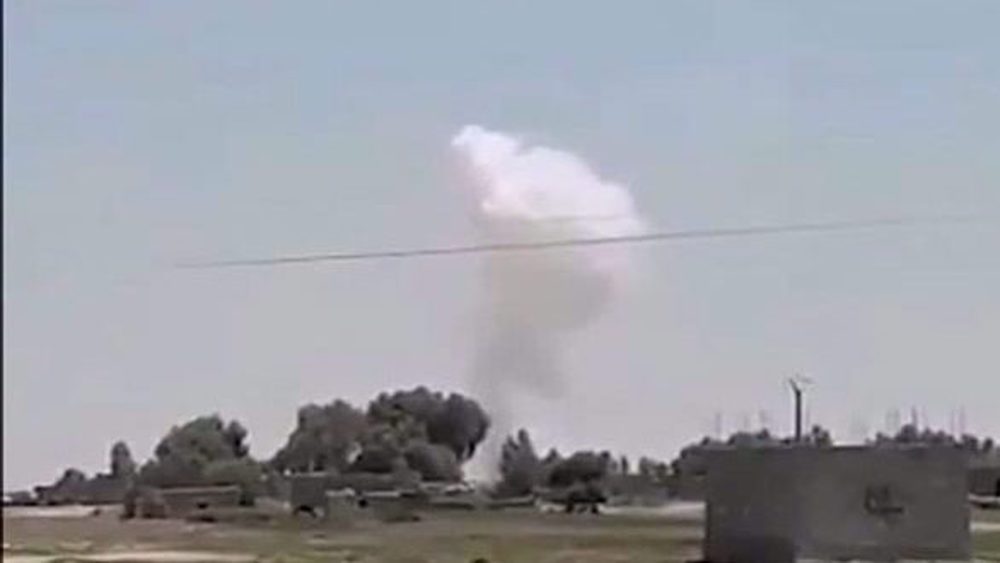
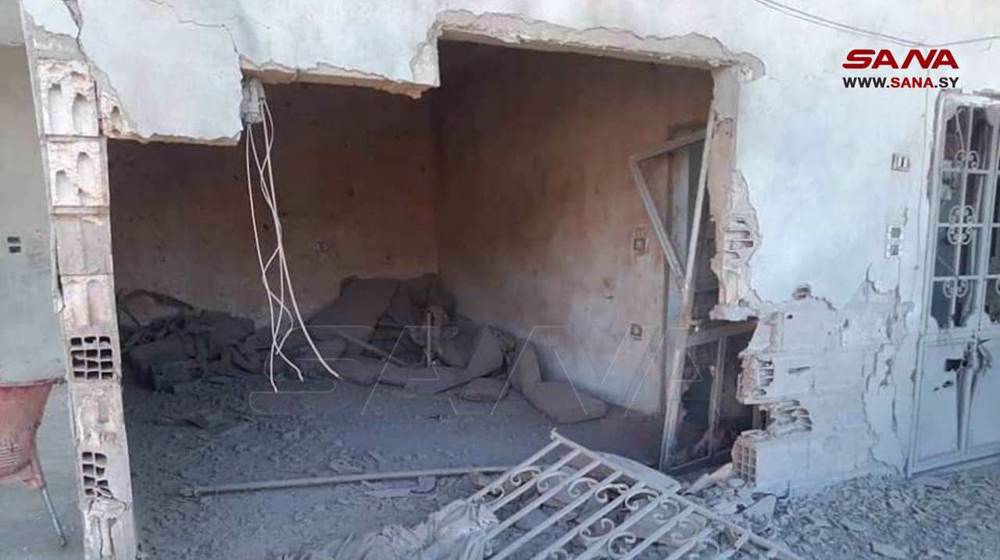
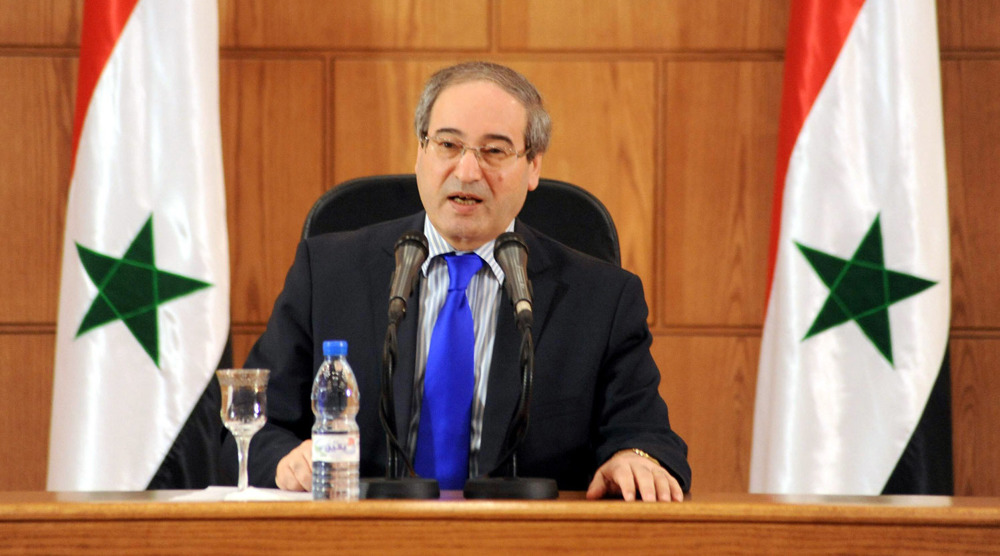
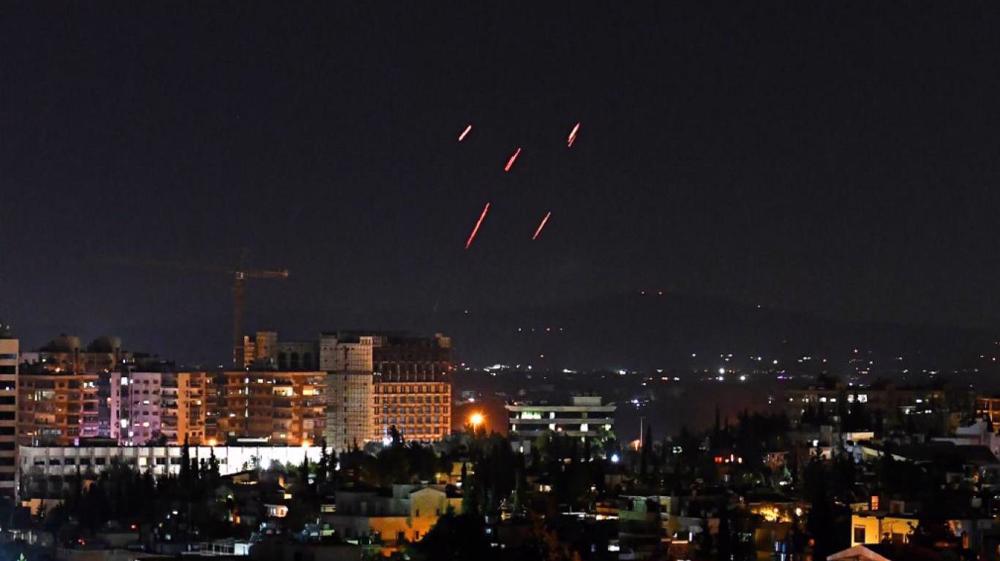
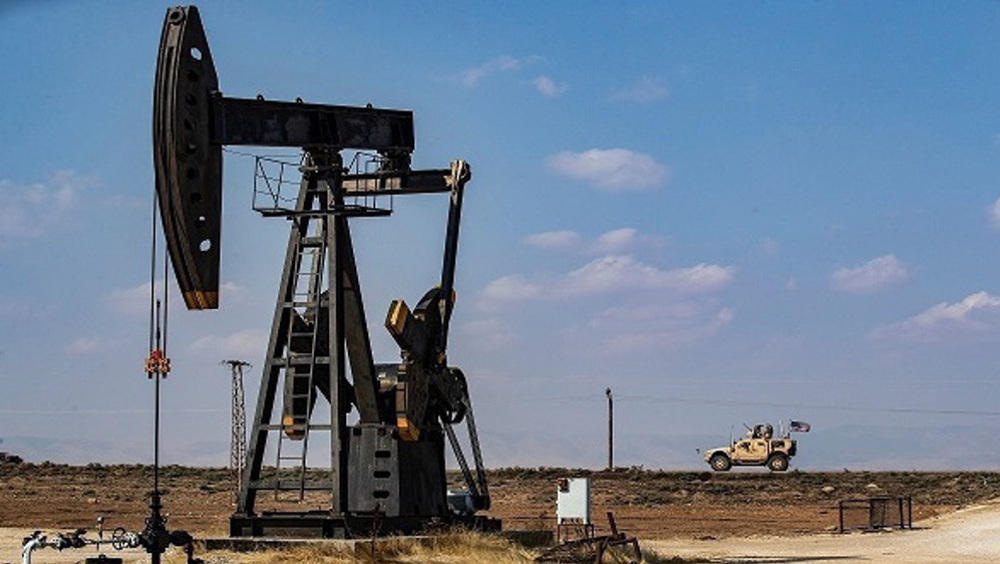
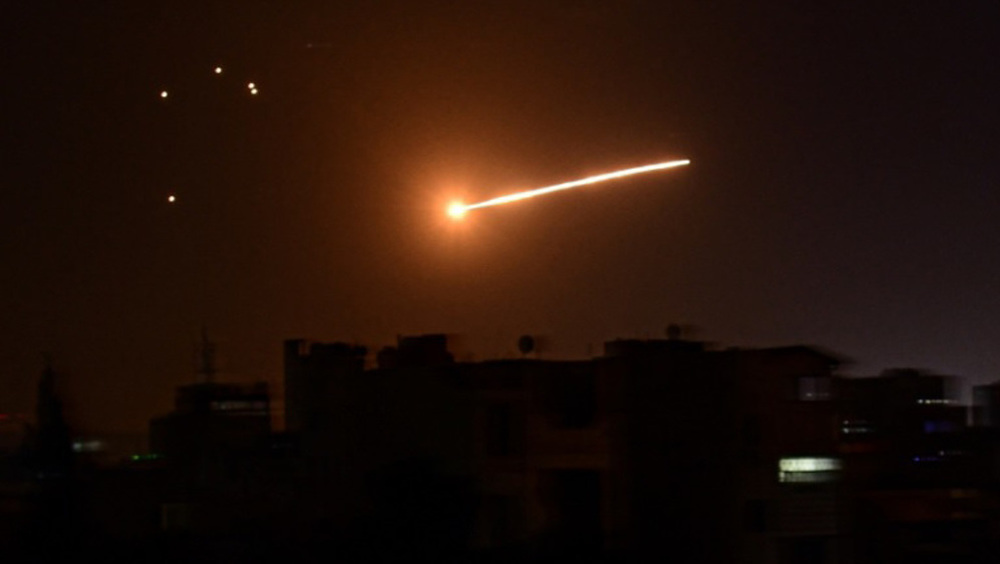
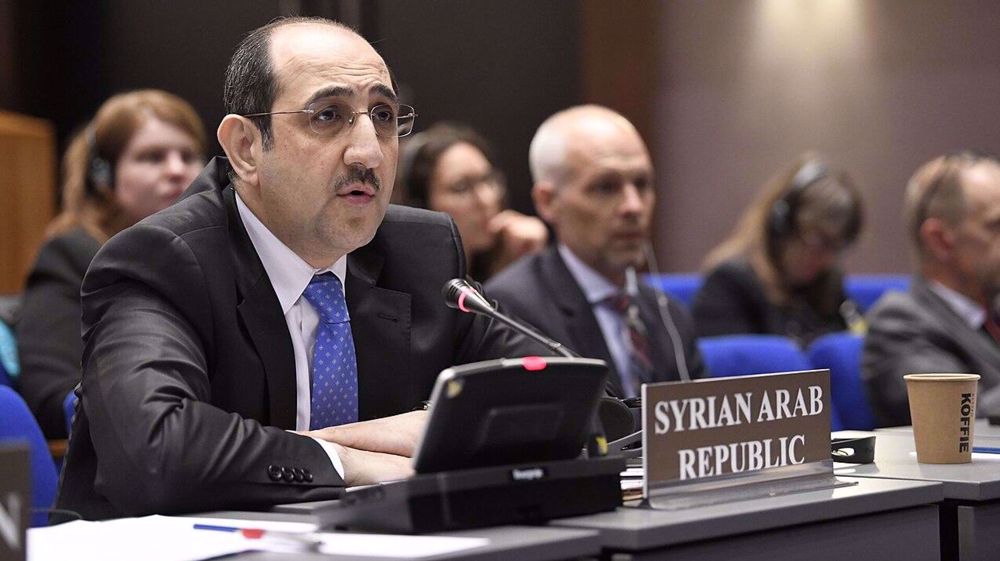
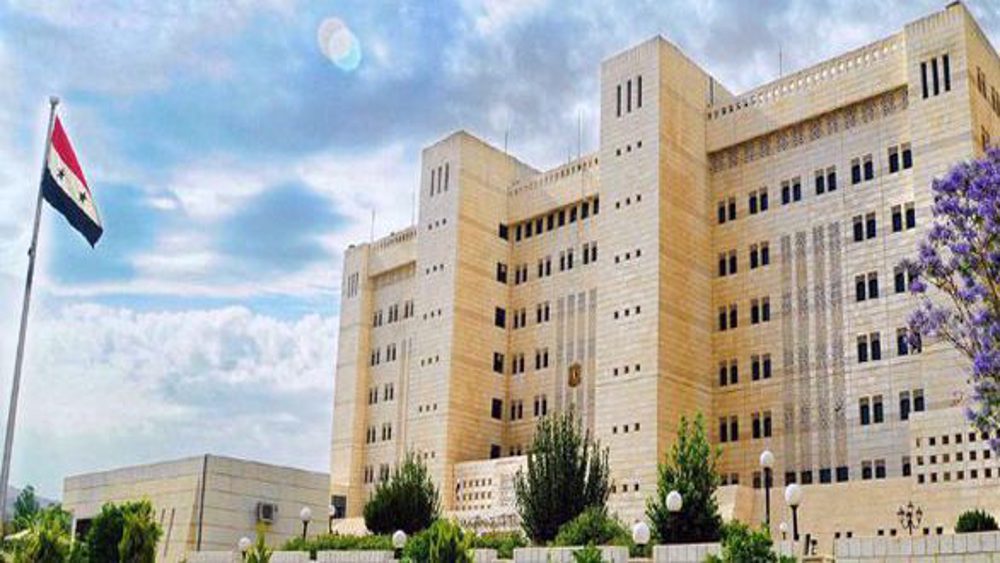

 This makes it easy to access the Press TV website
This makes it easy to access the Press TV website